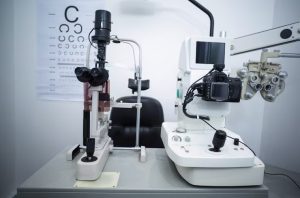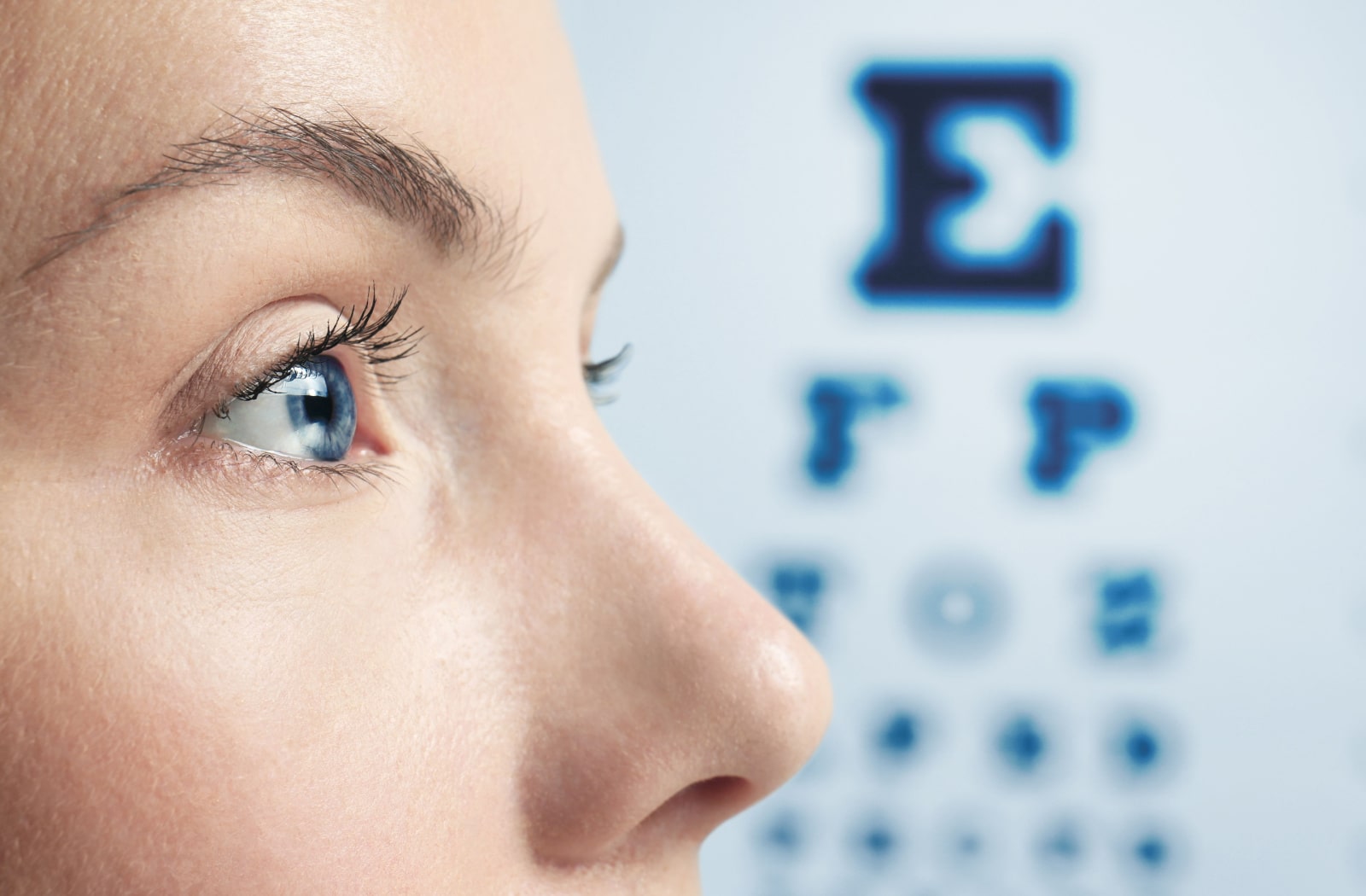All Categories
Featured
Your diet plan has a straight influence on your general health and wellness, including the health and wellness of your eyes. While genes and age play substantial functions in vision, the nutrients you eat can assist shield your eyes and decrease the risk of establishing common eye problems. Right here's a better consider how nutrition influences eye health and which foods to focus on for preserving clear vision.
Nutrients That Support Eye Health
Vitamin A. Essential for maintaining the health and wellness of the cornea and aiding in low-light vision, vitamin A likewise helps prevent evening blindness. Abundant resources of vitamin An include carrots, sweet potatoes, and leafy environment-friendly veggies.
Lutein and Zeaxanthin. These anti-oxidants, discovered in the macula of the eye, play a crucial role in filtering damaging blue light and shielding the eyes from oxidative tension. Foods like kale, spinach, and eggs are bountiful in lutein and zeaxanthin.
![]()
Vitamin C. This effective anti-oxidant supports the wellness of eye blood vessels and might lower the threat of cataracts and macular degeneration. Integrate oranges, kiwis, strawberries, and bell peppers into your diet regimen to boost your vitamin C intake.
Vitamin E. Vitamin E helps protect cells in the eyes from oxidative damages. Nuts, seeds, and vegetable oils are outstanding resources.
Omega-3 Fatty Acids. Omega-3s are important for retinal function and can assist protect against dry eye syndrome. They are generally found in fatty fish such as salmon and sardines, as well as in plant-based sources like flaxseeds and chia seeds.
Zinc. Zinc adds to keeping the retina's health and aids transport vitamin A from the liver to the eyes. Foods high in zinc consist of oysters, beef, and fortified cereals.
Eye Conditions Linked to Poor Nourishment
![]()
Macular Degeneration: A diet lacking in antioxidants and omega-3 fats may raise the danger of age-related macular deterioration (AMD)
Cataracts: Insufficient consumption of anti-oxidants like vitamin C and E can speed up the development of cataracts.
Dry Eye Syndrome: Poor hydration and a lack of omega-3s can intensify completely dry eye signs.
Diabetic Retinopathy: High sugar consumption and inadequate diet monitoring can add to this problem in individuals with diabetes.
Practical Diet Plan Tips for Eye Health
Consume the Rainbow: Consume a variety of colorful vegetables and fruits to make sure a broad range of crucial nutrients.
Incorporate Healthy Fats: Include sources of omega-3 fatty acids in your meals a minimum of twice a week.
Limit Processed Foods: Stay clear of excess sugar and harmful fats, which can add to systemic conditions that influence eye health.
Stay Hydrated: Proper hydration sustains tear manufacturing and prevents dry eyes.
The Bottom Line
Your eyes count on you to supply the nutrients they need for optimal feature. By preserving a balanced diet abundant in vitamins, antioxidants, and minerals, you can enhance your eye health and maintain your vision for many years to come. If you're unsure where to begin, speak with a nutritionist or doctor to produce a dish plan tailored to your needs. Remember, every bite you take can be an action toward more clear, much healthier vision.
Nutrients That Support Eye Health
Vitamin A. Essential for maintaining the health and wellness of the cornea and aiding in low-light vision, vitamin A likewise helps prevent evening blindness. Abundant resources of vitamin An include carrots, sweet potatoes, and leafy environment-friendly veggies.
Lutein and Zeaxanthin. These anti-oxidants, discovered in the macula of the eye, play a crucial role in filtering damaging blue light and shielding the eyes from oxidative tension. Foods like kale, spinach, and eggs are bountiful in lutein and zeaxanthin.

Vitamin C. This effective anti-oxidant supports the wellness of eye blood vessels and might lower the threat of cataracts and macular degeneration. Integrate oranges, kiwis, strawberries, and bell peppers into your diet regimen to boost your vitamin C intake.
Vitamin E. Vitamin E helps protect cells in the eyes from oxidative damages. Nuts, seeds, and vegetable oils are outstanding resources.
Omega-3 Fatty Acids. Omega-3s are important for retinal function and can assist protect against dry eye syndrome. They are generally found in fatty fish such as salmon and sardines, as well as in plant-based sources like flaxseeds and chia seeds.
Zinc. Zinc adds to keeping the retina's health and aids transport vitamin A from the liver to the eyes. Foods high in zinc consist of oysters, beef, and fortified cereals.
Eye Conditions Linked to Poor Nourishment

Macular Degeneration: A diet lacking in antioxidants and omega-3 fats may raise the danger of age-related macular deterioration (AMD)
Cataracts: Insufficient consumption of anti-oxidants like vitamin C and E can speed up the development of cataracts.
Dry Eye Syndrome: Poor hydration and a lack of omega-3s can intensify completely dry eye signs.
Diabetic Retinopathy: High sugar consumption and inadequate diet monitoring can add to this problem in individuals with diabetes.
Practical Diet Plan Tips for Eye Health
Consume the Rainbow: Consume a variety of colorful vegetables and fruits to make sure a broad range of crucial nutrients.
Incorporate Healthy Fats: Include sources of omega-3 fatty acids in your meals a minimum of twice a week.
Limit Processed Foods: Stay clear of excess sugar and harmful fats, which can add to systemic conditions that influence eye health.
Stay Hydrated: Proper hydration sustains tear manufacturing and prevents dry eyes.
The Bottom Line
Your eyes count on you to supply the nutrients they need for optimal feature. By preserving a balanced diet abundant in vitamins, antioxidants, and minerals, you can enhance your eye health and maintain your vision for many years to come. If you're unsure where to begin, speak with a nutritionist or doctor to produce a dish plan tailored to your needs. Remember, every bite you take can be an action toward more clear, much healthier vision.
Latest Posts
The Benefits of Consistent Auto Maintenance at Montclare Auto Repair Keeps Your Wallet Happy
Published May 26, 25
1 min read
Unlock WyHy Federal Credit Union – Top Benefits for Your Future
Published May 25, 25
1 min read
Check Out Budget-Friendly Auto Repairs with Montclare’s Exclusive Service Specials
Published May 24, 25
1 min read
More
Latest Posts
The Benefits of Consistent Auto Maintenance at Montclare Auto Repair Keeps Your Wallet Happy
Published May 26, 25
1 min read
Unlock WyHy Federal Credit Union – Top Benefits for Your Future
Published May 25, 25
1 min read
Check Out Budget-Friendly Auto Repairs with Montclare’s Exclusive Service Specials
Published May 24, 25
1 min read